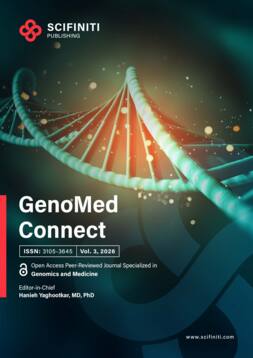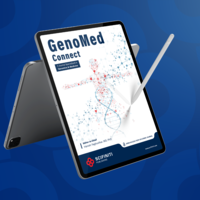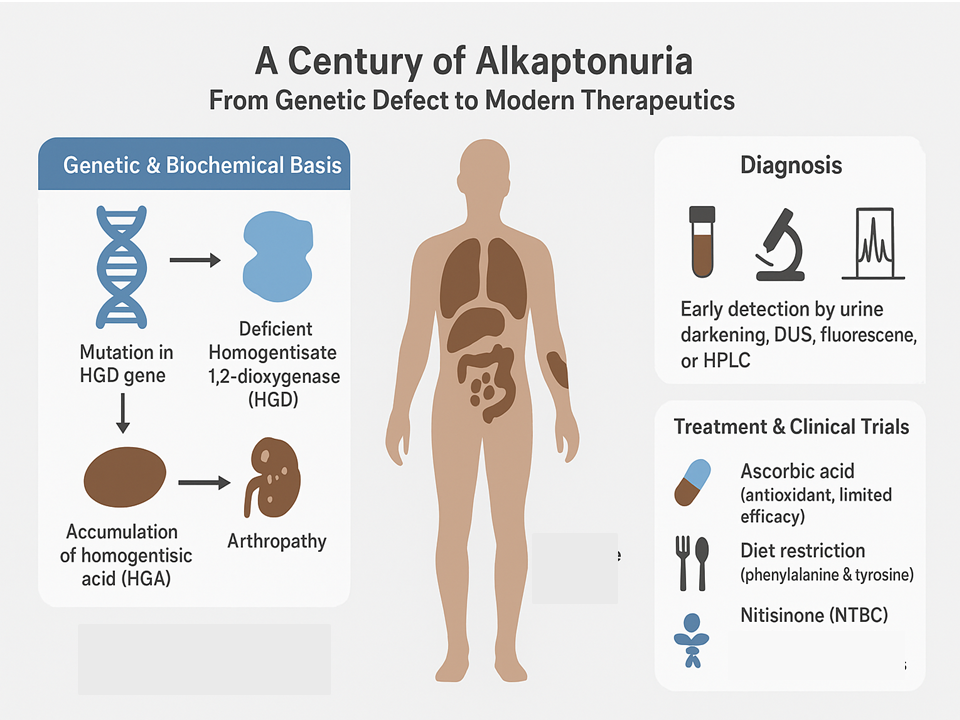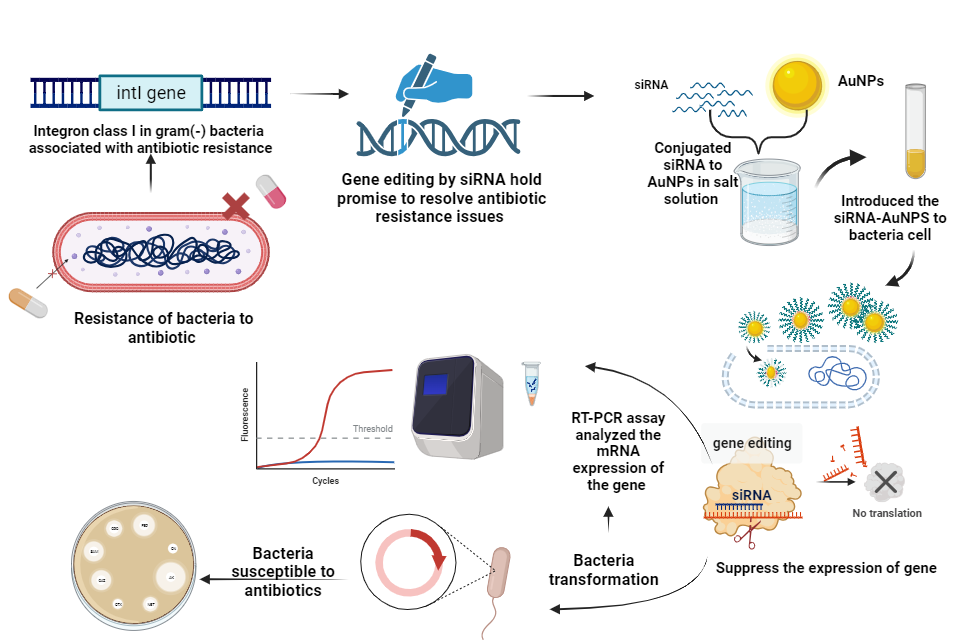Open Access Policy:
All articles published in the journal “GenoMed Connect” are made accessible through an open-access model, released under the Creative Commons Attribution 4.0 (CC BY 4.0) license. This license facilitates the unrestricted dissemination of articles, encouraging widespread sharing and utilization of valuable research contributions.
Publication Charges:
There will be no article processing charges (APCs) for submissions made by March 31, 2026, and all articles will be available as Open Access.
Subject Categories:
Genomics, Medicine, Genetics
Article Template:
You are encouraged to use the template to format your article according to our guidelines. However, this is not mandatory, as our layout team will ensure all necessary adjustments are made after acceptance and prior to final publication.
Download Template
Target Audience:
GenoMed Connect is tailored for researchers, clinicians, scientists, and healthcare professionals engaged in advancing the integration of genomics and medicine.
Ethics Statement:
All articles published by GenoMed Connect adhere strictly to the ethical guidelines suggested by the Committee on Publication Ethics (COPE). We execute a stringent peer-review procedure that meticulously assesses the originality, quality, and precision of the research we disseminate. We employ advanced tools to scrutinize the legitimacy of submitted content and maintain a firm zero-tolerance stance toward instances of plagiarism, data manipulation, or inappropriate authorship.
For further details, please review our comprehensive Publication Ethics and Integrity Guidelines.


















